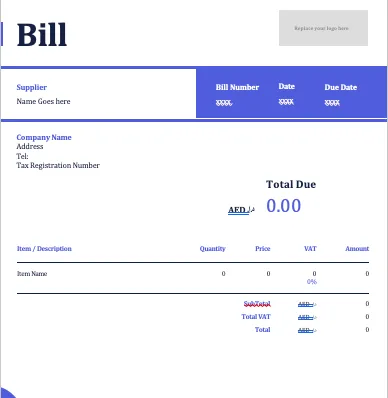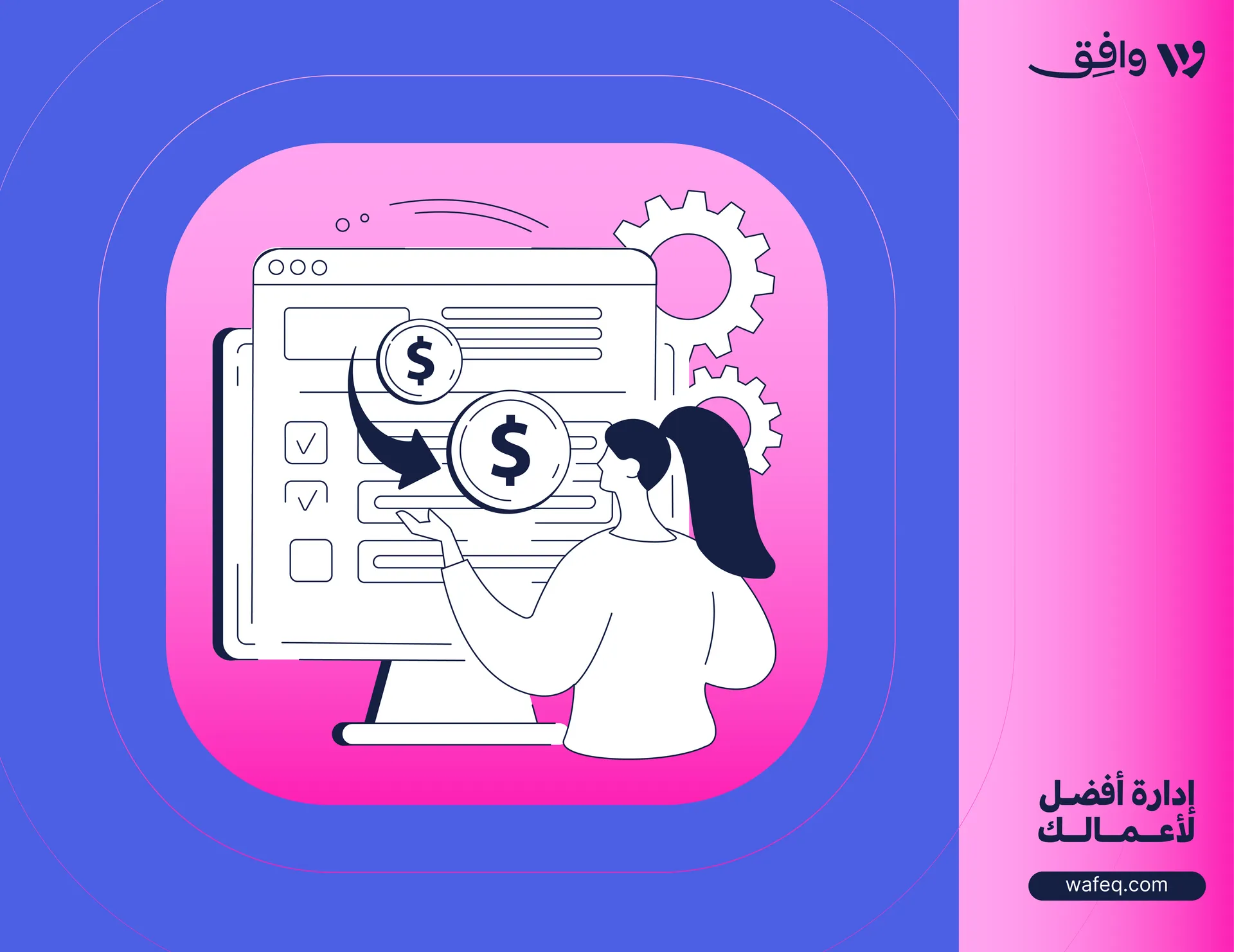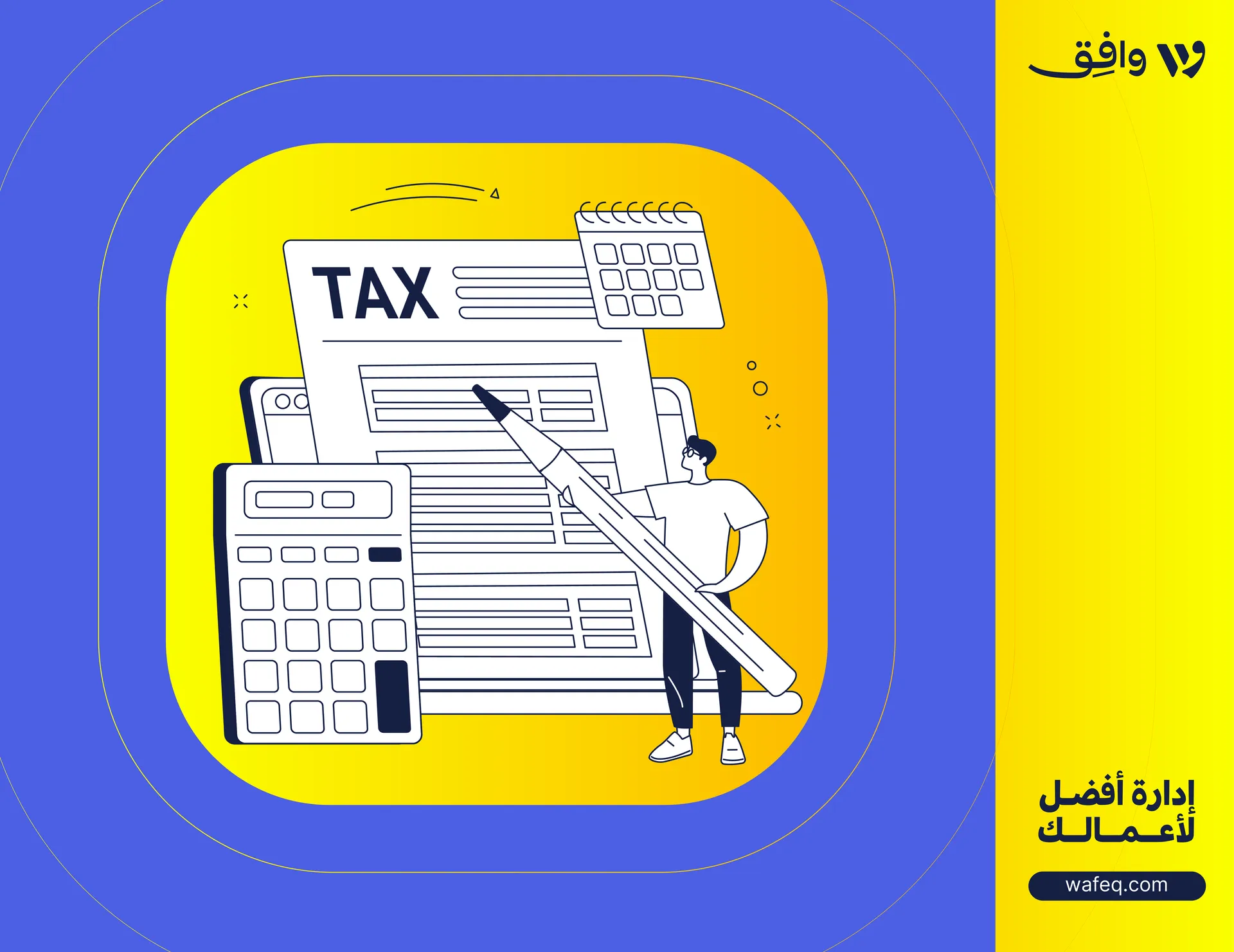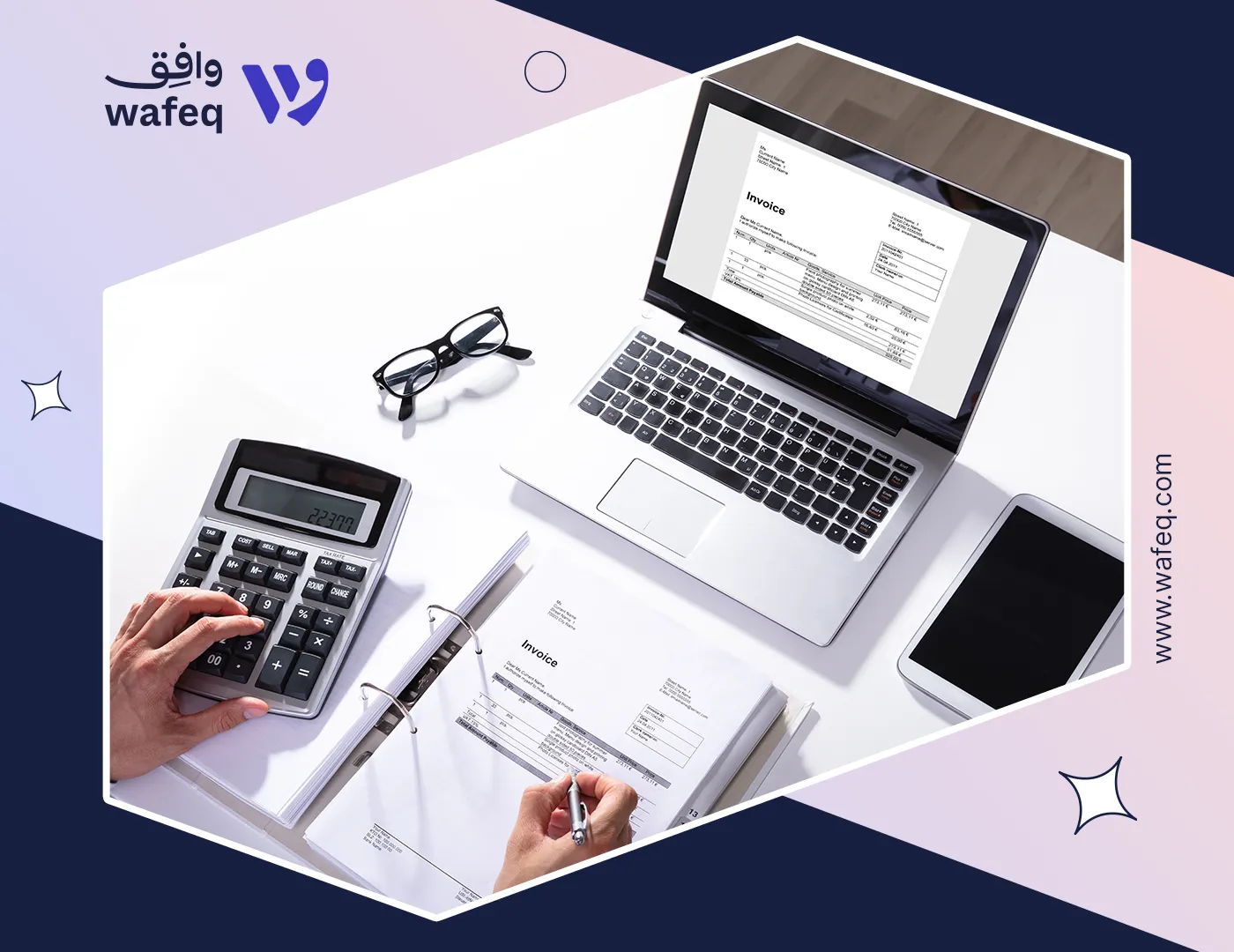All you need to know about bills (Free Template)

What is a bill?
A bill is a document that outlines the goods or services that you've provided to a customer and the amount they owe for those services. It's a request for payment and serves as a record of the transaction. Effective billing is critical for cash flow management, and it's essential for establishing trust and credibility with your customers.
Download our free bill template

Click here to download
Here are some key elements to include in your bills:
- Contact Information - Your bill should include your business name, address, phone number, and email address. Make sure your contact information is accurate and up-to-date.
- Date - Include the date that the bill was created, as well as the due date for payment.
- Customer Information - Include the customer's name, address, and any other relevant contact information.
- Description of Services or Goods - Clearly describes the services or goods that you provided to the customer, including the date of the service and the cost.
- Total Amount Due - Make sure to clearly state the total amount due, including any taxes or fees.
- Payment Terms - Specify your payment terms, such as the payment due date and accepted forms of payment.
- Invoice Number - Include a unique invoice number for easy tracking and reference.
Lean how to Create a bill using Wafeq.
In addition to these key elements, there are a few best practices to keep in mind when creating bills for your business:
- Use a consistent format for all of your bills to ensure that they are easily recognizable and professional-looking.(download our free template attached to this article)
- Make sure that your bills are clear, concise, and easy to understand.
- Send bills promptly to avoid delays in payment.
- Offer multiple payment options, such as credit card, check, or electronic transfer, to make it easy for your customers to pay.
- Follow up on overdue payments promptly and professionally to avoid any potential damage to your customer relationships.
In conclusion, bills are an essential part of running a small business or accounting practice. By understanding the key elements of a bill and following best practices, you can ensure that your billing process is efficient, professional, and effective. To help you get started, you can download a bill template that you can customize for your business needs. With the right billing process in place, you can focus on growing your business and serving your customers with confidence.
Start Your Free Trial
For more advanced options and to run your business better, sign up now for Wafeq - Accounting software to track your expenses, and bills, run payroll, manage your inventory, and create more than 30 financial reports with just single click.






![How to Prepare a Price Quotation for companies [with Free Template Download]](https://firebasestorage.googleapis.com/v0/b/wafeq-docs.appspot.com/o/medias%2F531f7990_كيفية إعداد نموذج عرض سعر للشركات [مع تنزيل مجاني].png?alt=media)
![Payment Vouchers Explained: Purpose, Format, and Best Practice [Free Template]](https://firebasestorage.googleapis.com/v0/b/wafeq-docs.appspot.com/o/medias%2F1af56400_سند الصرف_ الغرض والنموذج وأفضل الممارسات [مع نموذج مجاني].png?alt=media)


